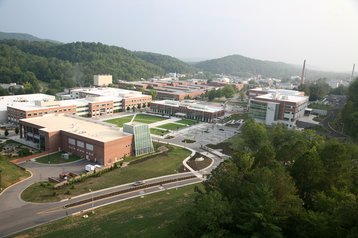A number of research organizations in the US, Japan and Switzerland, responsible for some of the largest hybrid accelerated high-performance computing projects in the world, have come together to establish an international HPC institute.
The US Department of Energy’s Oak Ridge National Laboratory, the Tokyo Institute of Technology, and the Swiss Federal Institute of Technology, Zurich, have signed a memorandum of understanding to create the Accelerated Data Analytics and Computing (ADAC) institute.
Towards the exascale computer
“Forecasting the future of leadership-class computing and managing the risk of architectural change is a shared interest among ORNL, Tokyo Tech, and ETH Zurich,” Jeff Nichols, associate laboratory director of computing and computational sciences at ORNL said.
“What unites our three organizations is a willingness to embrace change, actively partner with HPC vendors, and devise solutions that advance the work of our scientific users. ADAC provides a framework for member organizations to pursue mutual interests such as accelerated node architectures as computing moves toward the exascale era and beyond.”
Tokyo Tech’s Satoshi Matsuoka added: “ADAC is unique in that while all of these research centers compete on some level, the challenges we face are very similar. From application development to fully utilizing novel architectures, we can better evolve toward the exascale by sharing our problems and solutions.”
The Swiss National Supercomputing Center’s Thomas Schulthess agreed, saying: “ADAC is an acknowledgment that, despite the myriad accomplishments in accelerated computing, significant challenges remain. These challenges require collaboration across the HPC spectrum in order for our users to continue to push the frontiers of science, and, by extension, computing.”
ADAC says that it will work on:
- Adapting important scientific and engineering applications to hybrid accelerated architectures.
- Partnering with HPC vendors to evaluate architecture diversity.
- Enabling collaborative scientific efforts in hybrid accelerated data and compute.
- Ensuring sustainability and portability of critical applications.
- Sharing best practices regarding the operation, management, and procurement of HPC resources.
The institute said it could expand its membership to include more organizations and facilities in the future.

